CALL FOR PROPOSALS
The call for proposals is closed and acceptance emails have been sent. Speakers can see below for conference topics, session types, and submission requirements.

ACCEPTANCE EMAILS HAVE BEEN SENT
The 2024 Open Education Conference is no longer accepting new proposals and all submitted proposals have received a decision. This year had a record number of submissions and we look forward to an amazing program!
Theme
The theme of the 2024 Open Education Conference is “It’s About Time.” This phrase captures the essence of open education's dynamic evolution, a cycle of learning from the past, seizing the present, and aiming for a more open future. As we prepare to bridge virtual and physical spaces at our first-ever hybrid convening, the theme underscores the critical juncture we've reached—a moment ripe for innovation and catalytic action.
In an era marked by emerging technologies and shifting educational landscapes, this conference serves as a crucial nexus for igniting discussions, forging partnerships, and sparking new ideas. It’s about time to empower learners everywhere to be creators, contributors, and critical thinkers in their educational journeys. It’s about time to challenge conventional boundaries and explore new horizons to build a future where education is truly open, inclusive, and transformative for all.
It’s about time for #OpenEd24.
TOPICS
The conference invites session proposals that relate to open education and build on the theme “It’s About Time.” Proposals may discuss any educational level (K-12, college, university, vocational, lifelong learning, etc.) and are welcome from all over the world. Special consideration will be given to proposals addressing the following suggested topics:
Student Centered Practice, Pedagogy, and Resources
Challenging Power Dynamics by Leading with Justice & Equity
The Workers of Open Education: Labor, Care, and Recognition
Open Education in Primary & Secondary (K-12) Education
Open Education in Workforce Training and Lifelong Learning
The Intersections of Open Education and Other Open Movements
Artificial Intelligence and Emerging Technologies
Highlighting Bold Innovations and Fresh Perspectives
Cultivating Next Generation Open Education Leaders and Advocates
Session Types
Lightning talks are short pre-recorded videos that offer a quick take on a story, case study, idea, or technique. Lightning talks will be available for on-demand viewing throughout the conference.
Lightning Talk
Pre-Recorded • 10 min
Presentation
25 min or 40 min
Presentations can be live or pre-recorded. Live presentations are delivered virtually, hybrid, or exclusively in-person-only. Proposals for live presentations should address how the session will engage participants, in addition to reserving at least 5 minutes for questions. Pre-recorded presentations will be available for on-demand viewing throughout the conference.
Interactive session
55 min
An interactive session is a dynamic and participatory experience where attendees actively engage with the content and each other. These sessions should involve exercises designed to encourage collaboration and exploration. Examples include: Discussion or seminar, panel, or workshop. Proposals should address what interactive tools or techniques will be used. All interactive sessions are live and can be delivered virtually, hybrid, or in-person-only.
Poster submissions present information in a written or graphic format. Posters can be virtual or in-person, and may include traditional research posters, web content, infographics, or modules created for the conference. There will be an in-person poster session during the conference, and virtual posters will be available online throughout the conference.
POSTER Submission
Session FormatS
Pre-Recorded
Pre-recorded sessions are submitted as a pre-recorded video prior to the conference. The video will be uploaded to the conference platform and made available for on-demand viewing throughout the conference.
HYBRID
For hybrid sessions, in-person attendees will join from a room in the conference venue and virtual attendees will join by Zoom. At least one presenter must present in person in Providence, RI, and additional presenters may join virtually or in person. Conference rooms will have a projector, screen, and Zoom connection. These sessions are recorded.
VIRTUAL
Virtual sessions will be held live via Zoom. All presenters and attendees will join the session virtually (which may include in-person attendees who choose to join virtually). These sessions are recorded.
in person
In-person sessions will be held in a room in the conference venue, with all attendees and presenters physically present. Conference rooms will have a projector and screen. Only select “in person” if you know all presenters plan to attend in person.
PROPOSAL SUBMISSION
Deadline: MONDAY, April 15th at 11:59pm Pacific (GMT -7:00)
Proposals are enthusiastically welcomed from anyone with an interest in sharing about open education, including all countries, educational contexts, and professional roles. Students are especially encouraged to submit proposals.
Proposals are submitted through the Oxford Abstracts platform, which requires the creation of a free account.
REQUIREMENTS
Abstract Requirements: Proposal abstracts will be used as the public description of the session in the conference program. Abstracts should be 1000 characters or less and written in English. In-text citations are not required.
In-Person or Hybrid Session Submissions: At least one speaker is required to be physically present at the conference in Providence, RI. If your in-person or hybrid proposal is accepted, you will be asked to confirm a speaker will be present at the conference in Providence, RI.. Accepted proposals require one speaker to register for an in-person ticket by August 1st.
Submission Limit: Each individual may be listed as a presenter or author on a maximum of 3 proposals.
Correspondence: The person who submits the proposal is the primary contact and is responsible for all communications and coordination on behalf of all co-presenters.
Technology: Virtual and hybrid sessions will be accessible via Zoom for virtual attendees. In-person and hybrid presenters will have access to a projector and are required to bring their own laptop and adapter (if applicable). Virtual and hybrid sessions will feature presenter screen sharing, live chat, and automatic captions. Pre-recorded session types will be accessible in the conference program for on-demand viewing with all videos captioned.
Scheduling: This year’s conference is based in U.S./Canada Eastern Daylight Time (GMT-4:00) and welcomes worldwide participation. Accepted presentations with significant time differences will be prioritized in the scheduling process.
Recording & License: Unless an exception applies, session abstracts and video recordings (if applicable) will be licensed under a Creative Commons Attribution License and released openly following the conference. Authors retain copyright, but will be required to sign a release granting nonexclusive publication rights to the conference.
Timeline
March 13 - Open Call for Proposals
April 15 - Submission Deadline
May 31 - Acceptance Notifications
August 5 - Schedule Published
September 9 - Pre-Recorded Video Deadline (Tentative)
October 8 - 10 - Conference
Selection Process
Proposal selection will be conducted through a community-driven process. The first round of reviews will be conducted by Proposal Reviewers who signed up in an open call for volunteers. Members of the #OpenEd24 Proposal Selection Committee will then review the results and make final decisions based on the available time slots. Presenters will receive a decision on their proposal by May 31.
Review Criteria
Relevance of Topic: Proposal relates to the use, practice, creation, evaluation, research, advocacy, or critique of open education and the selected conference topic. Stronger proposals will be more timely or make a unique contribution to the field, and show especially strong alignment with the selected conference topic and overall theme.
Value to Attendees: Proposal specifies learning outcomes that will meaningfully contribute to attendees’ understanding of open education. Learning outcomes are achievable through the session described and relevant to the target audience type. (Note: Proposals that discuss the use of a proprietary product or service must have learning outcomes that are applicable outside the context of that product or service.) For tips on writing strong learning outcomes, take a look at this blog post from #OpenEd21.
Quality of Proposal: Abstract clearly and succinctly communicates to prospective attendees what the session will cover. Description aligns with the proposed session type, and responses provide sufficient information to evaluate the proposal’s relevance and value to attendees.
Diversity & Inclusion: We recognize diversity in its broadest sense, including but not limited to race, ethnicity, Indigenous heritage, languages, locations, ages, abilities, gender identities, sexual orientations, economic backgrounds, and varied life experiences. Therefore, we will give greatest consideration to proposals that include diverse perspectives.
Acceptance Requirements
Registration: Registration will be required for all accepted in-person presenters. For accepted virtual presenters, registration will be required for at least one presenter per session (additional virtual co-presenters may present without registering, although must still register to attend the full conference). Cost waivers for virtual registration are available by application, especially to students, those located outside of North America, and others for whom cost would be a barrier. Cost waivers are not available for in-person registration.
Licensing & Recording: All accepted presenters will be prompted to sign a speaker agreement prior to the session, including a release to publish any session recordings and pre-recorded videos under a Creative Commons Attribution license. Presenters may request alternative licensing or to opt-out of recording where justified.
Accessibility and Training: Accepted presenters will be required to review a series of short videos and logistical information in order to prepare for the conference. This will include information on how to design inclusive and accessible presentations. Support will also be available for pre-recorded session types, including information on recording and editing videos.
Code of Conduct: All participants in the conference, including presenters, are subject to the conference’s code of conduct.

Attribution
This work by Open Education Conference is licensed under a Creative Commons Attribution 4.0 International License.
The development of this Call for Proposals was led by the #OpenEd24 Board of Directors and reflects many layers of input from the community. The theme “It’s About Time” and the conference topics were developed based on feedback submitted through community meetings and conference surveys. Updates to the session types, selection criteria, and submission guidelines are the result of valuable feedback from the past four conferences. Thank you to everyone who took the time to contribute.


